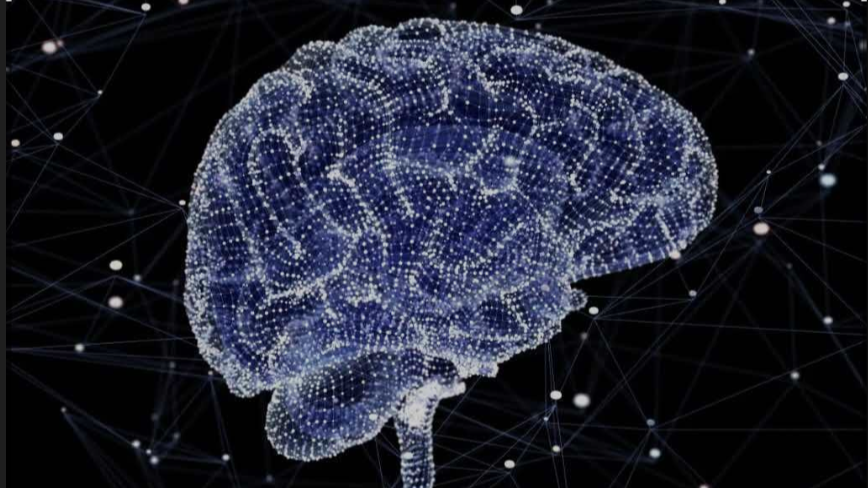
Thinking Well After 50: How to Keep Your Mind Sharp, Connected & Health
Share
You’ve celebrated a few birthdays, gathered stories, and earned wisdom. Now, more than ever, it makes sense to give your brain some love. Good news: you can do a lot to support cognitive health — to help your mind stay sharp, your memories strong, and daily life meaningful. Let’s explore what science tells us, and how small steps can make a big difference.
What Is Cognitive Health, Really?
“Cognitive health” means being able to think clearly, learn new things, remember, focus, solve problems, and carry out everyday tasks — paying bills, cooking, driving, chatting with friends. It’s just one piece of overall brain health, which also includes how well you move, sense things (sight, hearing), interpret emotions, and respond to stress. (National Institute on Aging)
Aging brings changes — some expected, some surprising. But many changes are not inevitable. Genes matter, but lifestyle, environment, and what you choose to do can help you keep your mind nimble well into your later years. (National Institute on Aging)
Little Things That Add Up: Daily Habits That Help
Here are evidence‑backed actions, many simple, that you can weave into your life. You don’t need extreme measures — just consistency.
-
Stay physically active.
Walking, gardening, dancing, swimming, or gentle strength training: these give your brain a boost. They help with balance, with mood, with heart health — and that helps your brain too. Aim for about 150 minutes a week of moderate activity. (National Institute on Aging) -
Eat wisely.
A diet rich in fruits, vegetables, whole grains, lean protein (like fish or poultry), and low in saturated fat and excess sugar helps not just your body, but your brain. Two diets often cited are the Mediterranean diet and the MIND diet (a hybrid of Mediterranean + DASH). They’ve been linked in studies to slower cognitive decline. (National Institute on Aging) -
Manage your health.
Some conditions quietly chip away at brain health if left untreated. High blood pressure in midlife, untreated diabetes, depression, hearing loss — these are big ones. Screenings are important. Talk with your doctor about your medicines (some can affect memory or attention) and about treating any sensory changes (like vision or hearing). Preventing falls and brain injuries matters too. (National Institute on Aging) -
Sleep well.
Getting enough good quality sleep (usually 7‑9 hours for most older adults) is essential for memory, mood, and overall cognitive function. Sleep helps clear out toxins in the brain and “reset” mental processes. (National Institute on Aging) -
Keep your brain engaged.
Learning new skills (maybe photography, quilting, digital skills), doing puzzles, reasoning tasks, even some cognitive training programs have shown benefits. Studies suggest that certain kinds of training (speed‑of‑processing, reasoning) may help delay decline. (National Institute on Aging) -
Stay socially connected.
Humans are social creatures. Staying in touch with family, friends, volunteers, neighbors or groups, joining clubs or community programs helps fight loneliness, depression — and helps maintain thinking skills. Even conversations via phone or video count. (National Institute on Aging)
What We’re Still Learning
Not everything is settled science — but researchers are making progress. For example:
-
Exactly which diets help most, and in which ways.
-
How different kinds of cognitive training (including online “brain games”) really stack up, especially over long periods. Some brain‑training apps claim big benefits, but the evidence is still mixed. (National Institute on Aging)
-
How much reducing vascular risk (blood pressure, cholesterol, obesity) in midlife (40s‑60s) helps with brain health decades later. Emerging data (like from the SPRINT‑MIND study) suggest that taking those risks seriously now can pay off. (National Institute on Aging)
Making It Real: Practical Tips You Can Start Today
Here are ways to put the above into practice — without feeling overwhelmed:
-
Swap one processed snack for something fresh — fruit, raw nuts, or a small salad.
-
Try walking with a friend or neighbor 3 times a week (even just 20 minutes each time).
-
Set a regular “learning hour” once a week: learn a few words of a new language, try a new recipe, or take a class online.
-
Make sure you have a hearing check and perhaps update your glasses or hearing aids if needed.
-
Prioritize sleep — wind down an hour before bed, reduce screens, keep a comfortable, quiet environment.
-
Join a community group — perhaps a walking group, a book club, or volunteer somewhere. Even small social connections help.
The Outlook Is Positive
The biggest message? There’s a lot you can do. Although aging does bring changes, many people maintain strong cognitive function into their 70s, 80s and beyond — especially when taking steps now. Small, consistent improvements — in diet, physical activity, mental challenge, social connection — often make the biggest difference over time.
So whether you’re in your early 50s, your 70s, or somewhere in between — it’s not too late. The next chapter of life can be sharp, lively, engaged, and joyful.